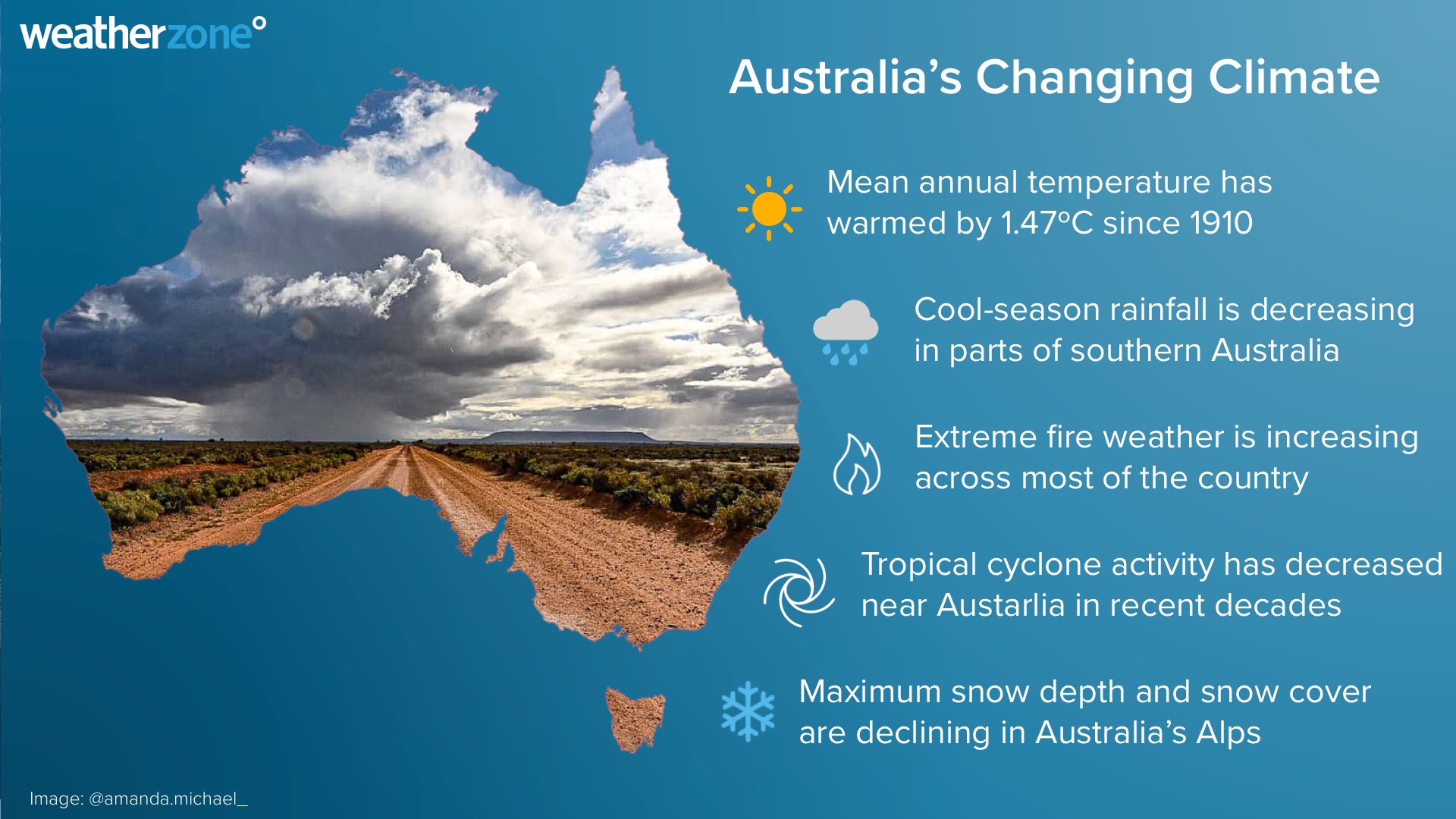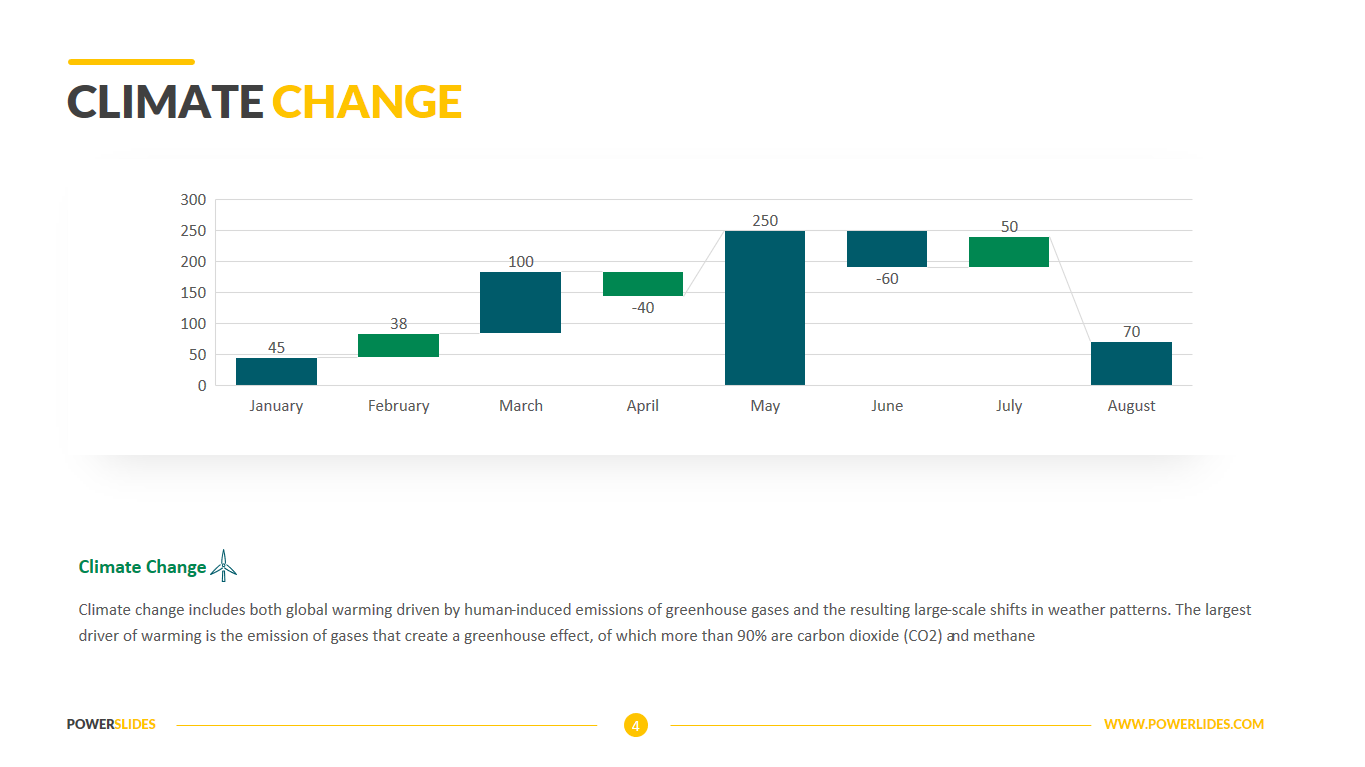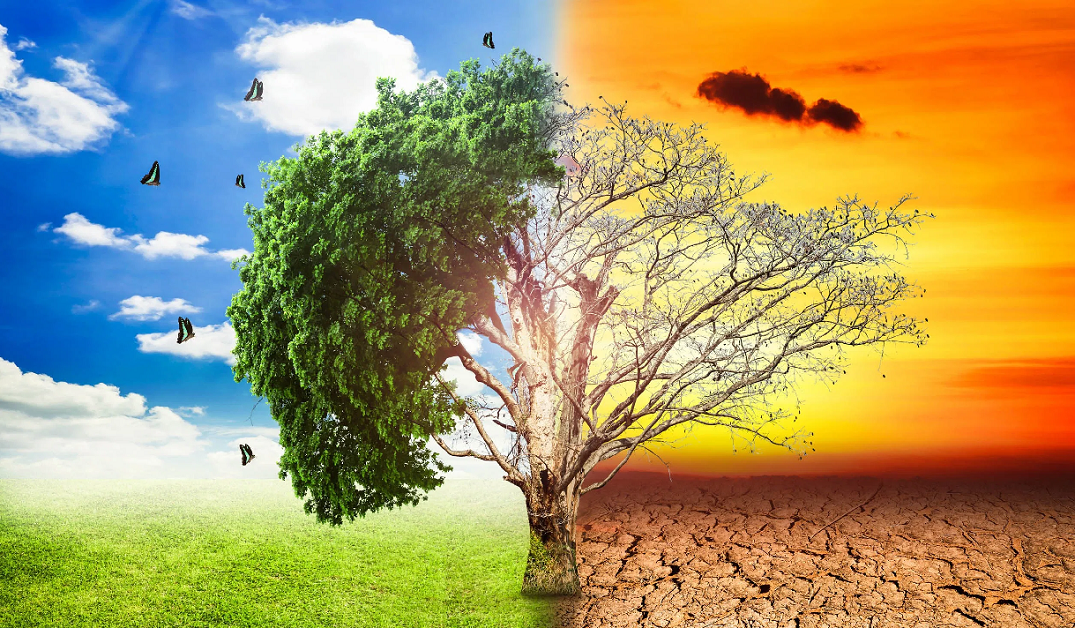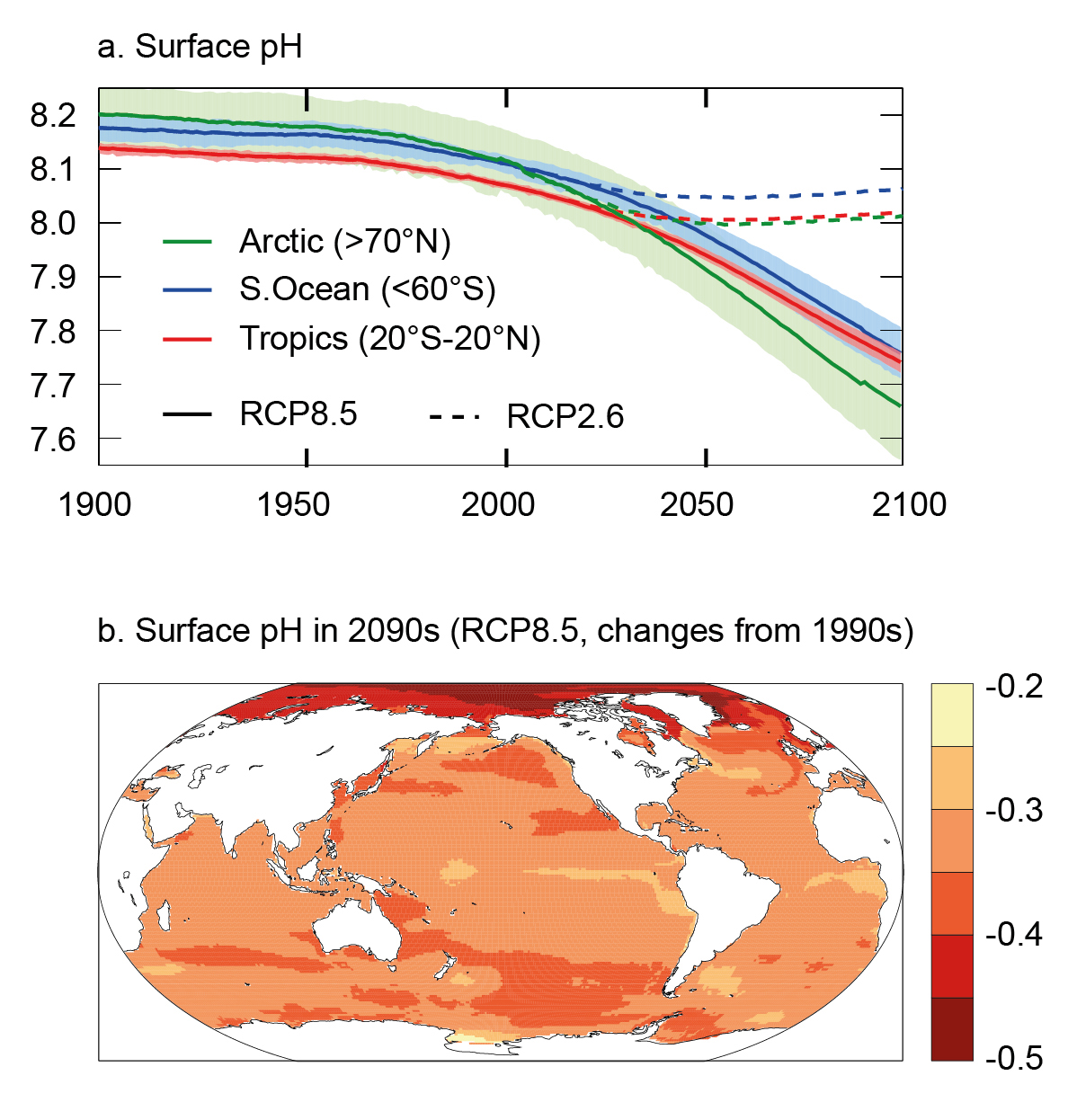Table of Contents
- Un Climate Change Conference 2025 Ppt - Cesar Logan
- Future World Map 2050
- 🌍 What to Expect from Climate Change in 2025
- Climate Change 2025 News In Hindi - Jack Paige
- Climate change: How hot cities could be in 2050 - BBC News
- Climate Change Summit 2025 - Rami Belle
- Climate Change Day 2025 Images - Anthony Chapman
- Climate Change Summit 2025 - Rami Belle
- Climate Change 2025 Ipcc - James C Torres
- Film Club: ‘New Climate Promises, Same Old Global Warming’ - The New ...


The Paris Agreement was a major breakthrough in international climate cooperation, as it brought together countries from around the world to address the global threat of climate change. The agreement set out a framework for countries to reduce their greenhouse gas emissions and adapt to the impacts of climate change. Since its adoption, countries have made significant strides in reducing their emissions and transitioning to renewable energy sources.


Renewable Energy Revolution


According to the International Energy Agency (IEA), renewable energy now accounts for over 30% of global electricity generation, up from just 22% in 2015. This growth is expected to continue, with the IEA predicting that renewables will become the largest source of global electricity generation by 2025.


Climate Finance

Climate finance has been used to support a range of activities, including the development of renewable energy projects, climate-resilient infrastructure, and sustainable land use practices. This finance has not only helped to reduce greenhouse gas emissions but also supported economic development and improved the livelihoods of millions of people.

Challenges Ahead
Despite the progress made, there are still significant challenges ahead. Global greenhouse gas emissions continue to rise, and the pace of change is not yet sufficient to meet the goals of the Paris Agreement. The COVID-19 pandemic has also highlighted the need for greater resilience and adaptability in the face of global shocks.To address these challenges, countries must continue to increase their ambition and take bold action to reduce their emissions and adapt to the impacts of climate change. This will require significant investment in renewable energy, energy efficiency, and climate-resilient infrastructure, as well as efforts to protect and restore natural ecosystems like forests and wetlands.
As we reflect on the past decade, it is clear that significant progress has been made in the fight against climate change. The growth of renewable energy, increase in climate finance, and improved climate cooperation are all positive trends. However, there is still much work to be done to meet the goals of the Paris Agreement. As we look to the future, it is essential that countries continue to work together to address the global threat of climate change and create a more sustainable and resilient world for all.Source: UNFCCC
Note: This article is for general information purposes only and is not intended to be a professional advice.